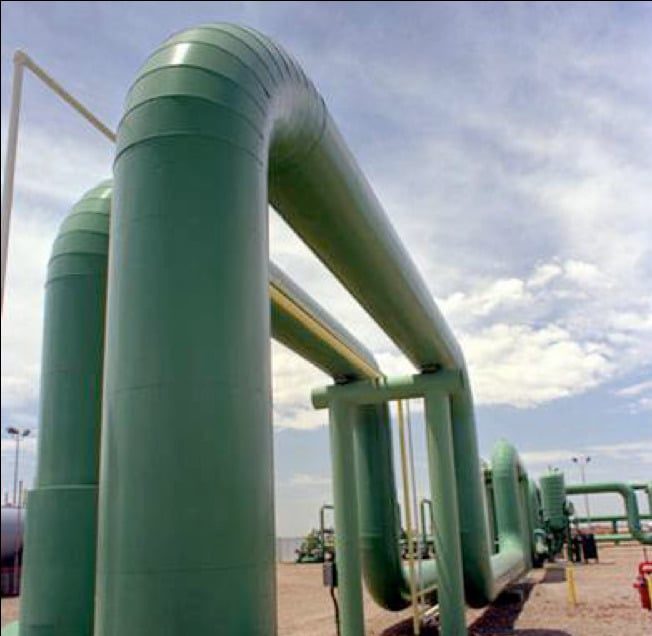Greenzo Energy India has launched its 1 MW alkaline electrolyser, developed entirely under the ‘Make in India’ initiative.
“The electrolyser does not use any components imported from landlocked countries, making it a truly self-reliant and indigenous solution for India’s energy needs,” stated Greenzo.
Greenzo Energy India is setting up an electrolyzer manufacturing unit with a capacity of 250 MW per year. The company also plans to manufacture up to 5 MW single stack of alkaline-based technology at its factory located in Sanand -2 industrial area, GIDC Ahmedabad, Gujarat, India.
The Indian state of Uttar Pradesh has approved its Green Hydrogen Policy, 2024. The policy is valid for five years and targets setting up of a green hydrogen production capacity of one million metric tonnes per annum by 2028.
The Uttar Pradesh New and Renewable Energy Development Agency (UPNEDA) is the nodal agency for the implementation of the policy. Under the policy, green hydrogen projects will be provided a capital subsidy of anywhere from 10% to 30% depending on the location of the project and the scale of the investment in the project. Further, during the policy period, the first five green hydrogen projects (excluding Meerut division) under Super Mega and Ultra Mega investment categories will be provided a capital subsidy of up to 40% of the total investment amount with a ceiling of INR 225 crore per year.
Yara and GHC SAOC, a wholly owned subsidiary of India’s Acme Cleantech, have signed a binding agreement to supply ammonia with reduced CO2 emissions from Acme to Yara. “The long-term offtake agreement between Yara and Acme covers the supply of 100,000 tons per annum of renewable ammonia and possibly the world’s first arm’s-length contract for renewable ammonia of this scale and tenure,” said Yara.
Egypt has signed seven agreements with seven international developers to develop green hydrogen production plans and renewable energy installations in the Suez Canal Economic Zone. The agreements will support about $12 billion of pilot-phase investments, in addition to about $29 billion for the first phase, said the Egyptian government, noting that this will bring the total to about $40 billion within 10 years.
The EIB has agreed to support initial commercial production of Germany-based Sunfire’s solid oxide electrolyzers with up to €100 million ($108.5 million) in venture debt, with €70 million already signed. In the development of solid oxide electrolyzers, Dresden-based Sunfire will seek improvements in stack and module design, usinf new materials and optimizing design, in addition to automation and new production techniques, to simplify the production process, said the EIB.
The European Parliament and the Council of the European Union agreed to expand the uptake of sustainable fuels, such as advanced biofuels or hydrogen, in the aviation sector. The European Parliament said that beginning in 2025, a minimum of 2% of aviation fuels will be green. This percentage will progressively increase every five years to 6% by 2030, 20% by 2035, 34% by 2040, 42% by 2045, and ultimately reach 70% by 2050. The informal deal still needs to be approved by the Council Committee of Permanent Representatives and Parliament’s Transport and Tourism Committee, and then the European Council and the European Parliament.
This content is protected by copyright and may not be reused. If you want to cooperate with us and would like to reuse some of our content, please contact: editors@pv-magazine.com.









1 comment
By submitting this form you agree to pv magazine using your data for the purposes of publishing your comment.
Your personal data will only be disclosed or otherwise transmitted to third parties for the purposes of spam filtering or if this is necessary for technical maintenance of the website. Any other transfer to third parties will not take place unless this is justified on the basis of applicable data protection regulations or if pv magazine is legally obliged to do so.
You may revoke this consent at any time with effect for the future, in which case your personal data will be deleted immediately. Otherwise, your data will be deleted if pv magazine has processed your request or the purpose of data storage is fulfilled.
Further information on data privacy can be found in our Data Protection Policy.